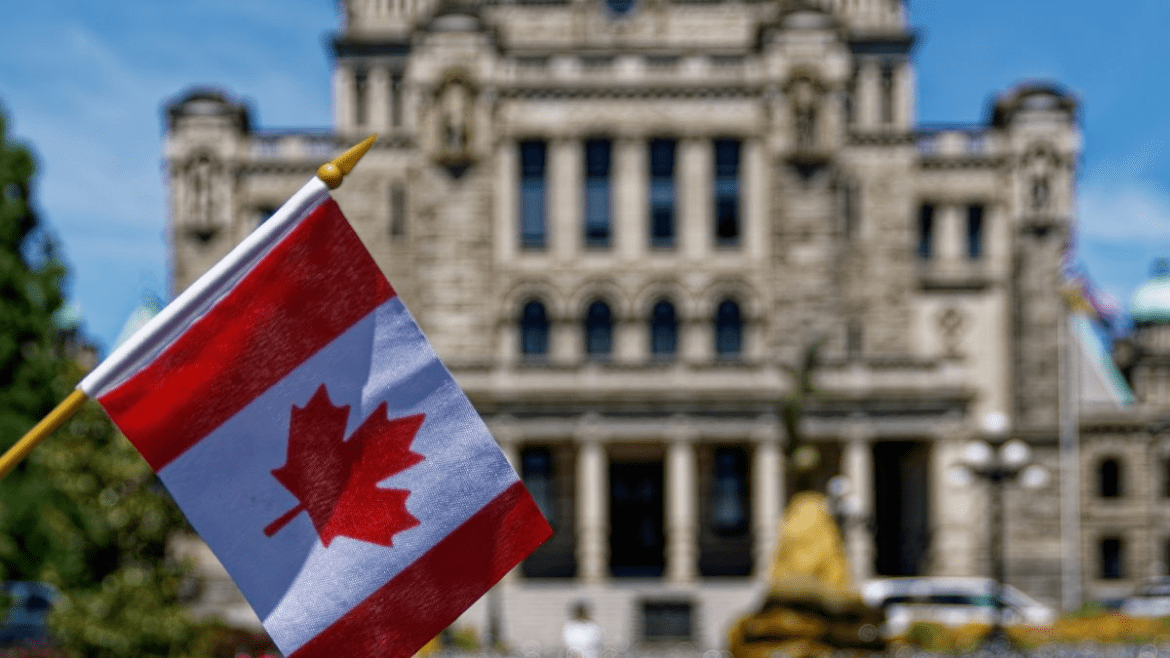AI Generated Summary
- The scheme, as uncovered by the ED, involved a network of over 5,000 agents in India, with 1,700 linked to a single Gujarat-based entity and 800 actively engaged.
- At stake is not only the safety and dignity of those who seek a better life but also the integrity of Canada’s educational and immigration systems.
- As the world watches, Canada’s response—or lack thereof—will set the tone for how seriously it takes its moral and legal obligations in addressing human trafficking and ensuring justice for the victims.
Recent revelations by India’s Enforcement Directorate (ED) have implicated 262 Canadian colleges in a vast human trafficking network, raising pressing questions about Canada’s immigration policies and oversight. The investigation, which connects these institutions with two India-based entities, highlights the urgent need for accountability and action to prevent exploitation.
The scheme, as uncovered by the ED, involved a network of over 5,000 agents in India, with 1,700 linked to a single Gujarat-based entity and 800 actively engaged. Students were promised entry to Canada under the guise of legitimate college admissions but were instead funneled into illegal immigration channels leading to the United States. Tragically, this fraudulent system claimed lives, as evidenced by the deaths of four Indian nationals from Dingucha village, Gujarat, who froze to death at the Canada-US border in January 2022.
Key elements of this investigation demand scrutiny. According to the ED, one Indian entity facilitated admissions for 25,000 students annually to international colleges, while another managed over 10,000. Once in Canada, many students skipped classes and crossed the US-Canada border illegally. In some instances, tuition fees were refunded to individuals’ accounts, indicating possible collusion between the colleges and the Indian entities.

The complicity suggested by these findings raises concerns about the governance and ethical practices of these institutions. While the ED’s investigation is ongoing, the silence from the Canadian government and the Royal Canadian Mounted Police (RCMP) is deafening. This inaction not only undermines the credibility of Canada’s immigration system but also jeopardizes its reputation as a country that upholds human rights and rule of law.
Canada, known globally for its welcoming immigration policies, must take immediate action to address these allegations. At stake is not only the safety and dignity of those who seek a better life but also the integrity of Canada’s educational and immigration systems. A thorough investigation by Canadian authorities, in collaboration with Indian agencies, is essential to identify and penalize the culprits involved.

Additionally, stringent checks must be put in place to ensure Canadian institutions cannot be exploited as conduits for human trafficking. This includes greater oversight of tuition fee transactions, verification of students’ attendance records, and more robust vetting processes for international admissions.
The revelations are a wake-up call. They expose the vulnerabilities in Canada’s immigration system that traffickers have exploited at the expense of human lives. As the world watches, Canada’s response—or lack thereof—will set the tone for how seriously it takes its moral and legal obligations in addressing human trafficking and ensuring justice for the victims.
The opinions expressed in this article are those of the author. They do not purport to reflect the opinions or views of Khalsa Vox or its members.




